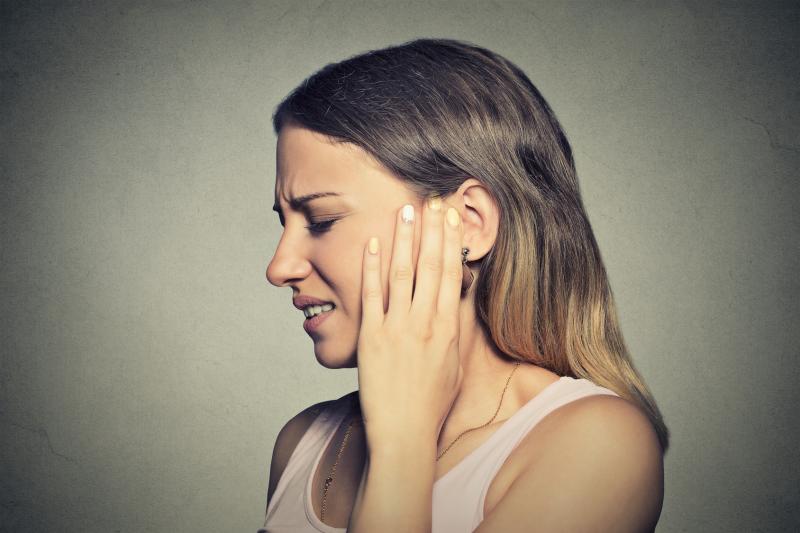
Hearing impairment appears to increase the likelihood of developing depressive symptoms, a recent study has shown.
Researchers conducted a prospective, community-based cohort study on 7,591 participants aged 50–75 years (63 percent male). Hearing impairment was measured upon recruitment and through audiometry testing; it was defined as having a pure tone average >25 db in the better ear. Incident depressive symptoms were detected using the 13-item Questionnaire of Depression, 2nd version.
After standardization against the European population, the prevalence of hearing impairment at baseline was 16.4 percent. These participants tended to be older and were more likely to be male and have comorbidities, such as hypertension, diabetes and cardiovascular disease.
A total of 479 participants developed depressive symptoms, resulting in an incidence rate of 6.3 percent. The frequency of incident depressive symptoms was higher among those with baseline hearing impairment (8.5 percent vs 5.9 percent).
After adjusting for age and sex, baseline hearing impairment emerged as a significant risk factor for developing depressive symptoms (odds ratio [OR], 1.46, 95 percent confidence interval [CI], 1.14–1.86). This remained true even after controlling for more confounders, such as physical activity, body mass index and comorbidities (OR, 1.36, 1.06–1.73). The findings were robust to sensitivity analyses.
“Future studies should evaluate whether the treatment of hearing impairment might delay or prevent depressive symptoms onset,” said researchers.